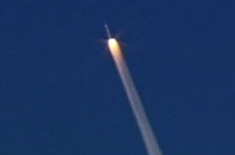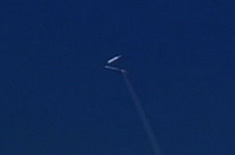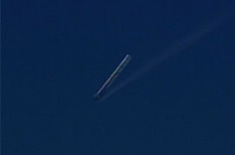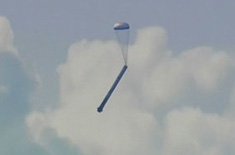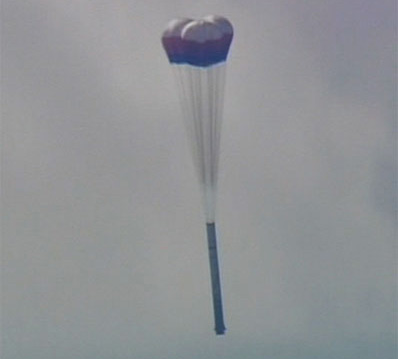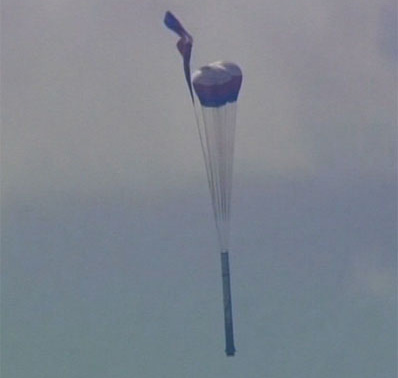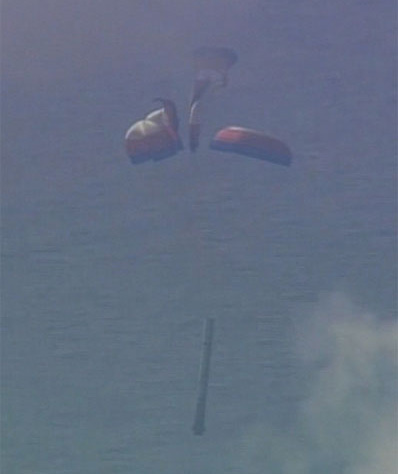It was a successful test of a failed rocket program and design. It was originally supposed to be directly shuttled derived and use the same 4-seg SRB the Shuttle uses, with a modified SSME for the upper stage. Now it's needing a brand new 5 or 5.5 seg-booster, a brand new J-2X upper stage engine, and even will all of that they've had to strip down Orion and remove it's ground landing capability (which is a key ability if you want to really reuse Orion).
So, it was a test using a booster that it won't really be using, with an upperstage that it won't be using. If Ares hadn't had to morph from it's original concept, this would have been a successful test of consequence, because it would have been using the booster it would really be using.
It's part of a program that's falling apart due to harware changes and skyrocketing costs. It has virtually no heritage with the Shuttle, and neither would Ares V, except Arex V will probably never get built.
We should be building and testing something that's actually shuttle derived as originally planned and not wasting time on this dead end, and that even if built will have the capability of the Delta4-H....which has already flown successfully 3 times....full out, not just a half-arsed test. Maybe invest a fraction of this Ares 1 money into man-rating that for Orion and take all that extra money and put it into an actual shuttle Derived heavy-launch vehicle.
Take your current Shuttle ET. Put a payload on top and 3 SSME's under it and viola, you have a shuttle derived HLV capabile of putting about 75mt into LEO. Done. WANt more? Launch a 2nd one. You have more payload to LEO than Ares V would at a fractio of the cost and decades sooner. And you aren't trying to duplicate the capabilities of an EELV-heavy class launcher that ALREADY exists and is flying in the Delta4-Heavy!!! (Or Atlas V heavy, which is all designed and realy do build, they just haven't had an order for one yet).


